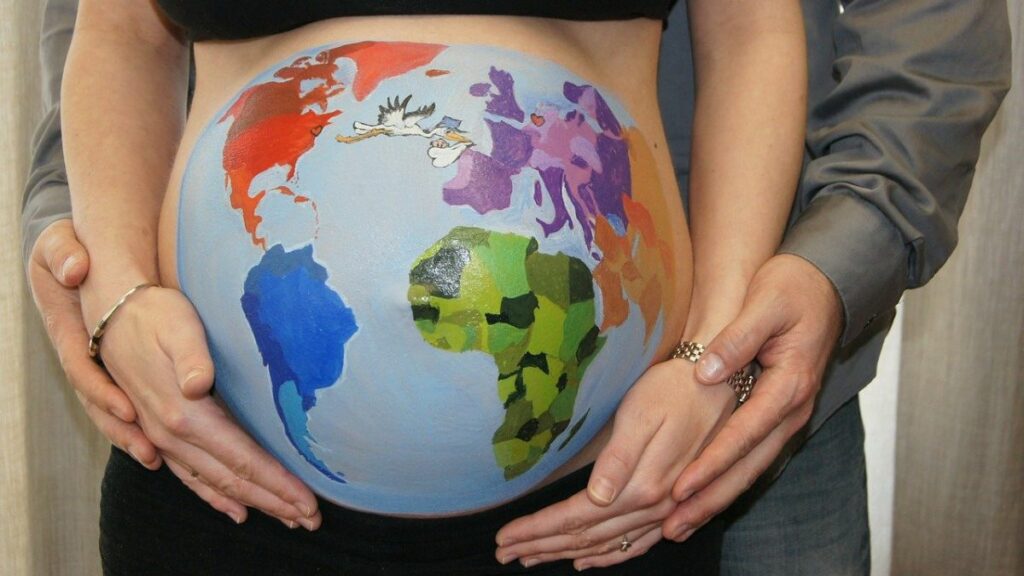Last updated on January 13th, 2022 at 01:51 pm
To save the planet, we need to have more children. The appeal of Rémy Verlyck, CEO of the French study centre Familles Durables, reverses the paradigm of a certain radical environmentalism. While some neo-Malthusians continue to claim that “children are the worst thing you can do for the environment,” fortunately there are also those who put their faith in life.
Reversing a paradigm
“In the context of ‘eco-anxiety’ and collapsing confidence in the future, more and more people are losing their taste for life and are giving up or hesitating to procreate,” Verlyck notes in his piece for the French newspaper Le Figaro. Yet, he continues, “it seems that giving birth to fewer children would have virtually no effect on the environment.” Indeed, denatality could “slow the pace of innovation needed for the ecological transition.”
What is “eco-anxiety”?
In the article, Verlyck cited a study by the Catholic University of Leuven conducted in 2021 with 2,080 participants from eight countries in Europe and Africa. The study concluded that 12% of participants are affected by “eco-anxiety” or obsessive concern about environmental pollution. Without establishing a link with the level of education, it can be seen that women and persons under 40 are more affected, i.e. precisely the two categories that can represent a demographic driver.
Another study in 2021, conducted by the University of Bath, looked at 10,000 young people in 10 countries and attested that 84% said they were concerned about global warming, 59% were extremely concerned and 40% were so concerned that they were hesitant to procreate. In short, almost one in two young people are dissuaded from having children because of climate warnings. These two studies, Verlyck points out, show that environmental changes affect not only our habitat, but also the psyche of many of us.
No children, no ecological transition
A robust psychological impact is assumed by the various prophets of denatality as a form of environmental protection. According to them, procreation is bad for the planet, as children are sources of huge carbon emissions into the air. Verlyck notes, however, that the world population is already set to decline in the coming decades. In this regard, the French columnist cites a study published in The Lancet in 2020: the peak would be reached in 2064 with about 9.7 billion human beings, and then decrease to 8.8 billion at the end of the century.
Italy halved
To get an idea of the possible demographic imbalances, it is necessary, however, to shift the objective of the analysis from the general picture to the specific one: 23 countries would even see their population halved. These include Spain, Japan and Italy. The study notes that the aging and shrinking working-age population will hamper overall economic growth and, consequently, the ability to finance the innovation needed for the green transition.
A sterile Europe
But the situation is worrying all over Europe. An article in Le Figaro reported on the Robert Schuman Foundation’s 2018 forecasts with the eloquent title Europe 2050: demographic suicide. The Old Continent could lose 49 million people of working age in 20 years. “With a total fertility rate of close to 1.5, Europe will tomorrow have by one-third fewer generations of young workers than it does today,” it reads. “For a country, a decrease in the number of births is the equivalent of a decrease in investment for a company; this allows it to benefit from a more comfortable cash flow for a while, at the cost of serious problems later on.”
Repercussions
Verlyck then comes to a conclusion: “Not only does depriving oneself of procreation have almost no impact on climate change, but the aging of the population will have a profound economic, social and geopolitical impact by reducing the capacity to respond.” The risk, however, is that by the time we realize it, it will be too late.
